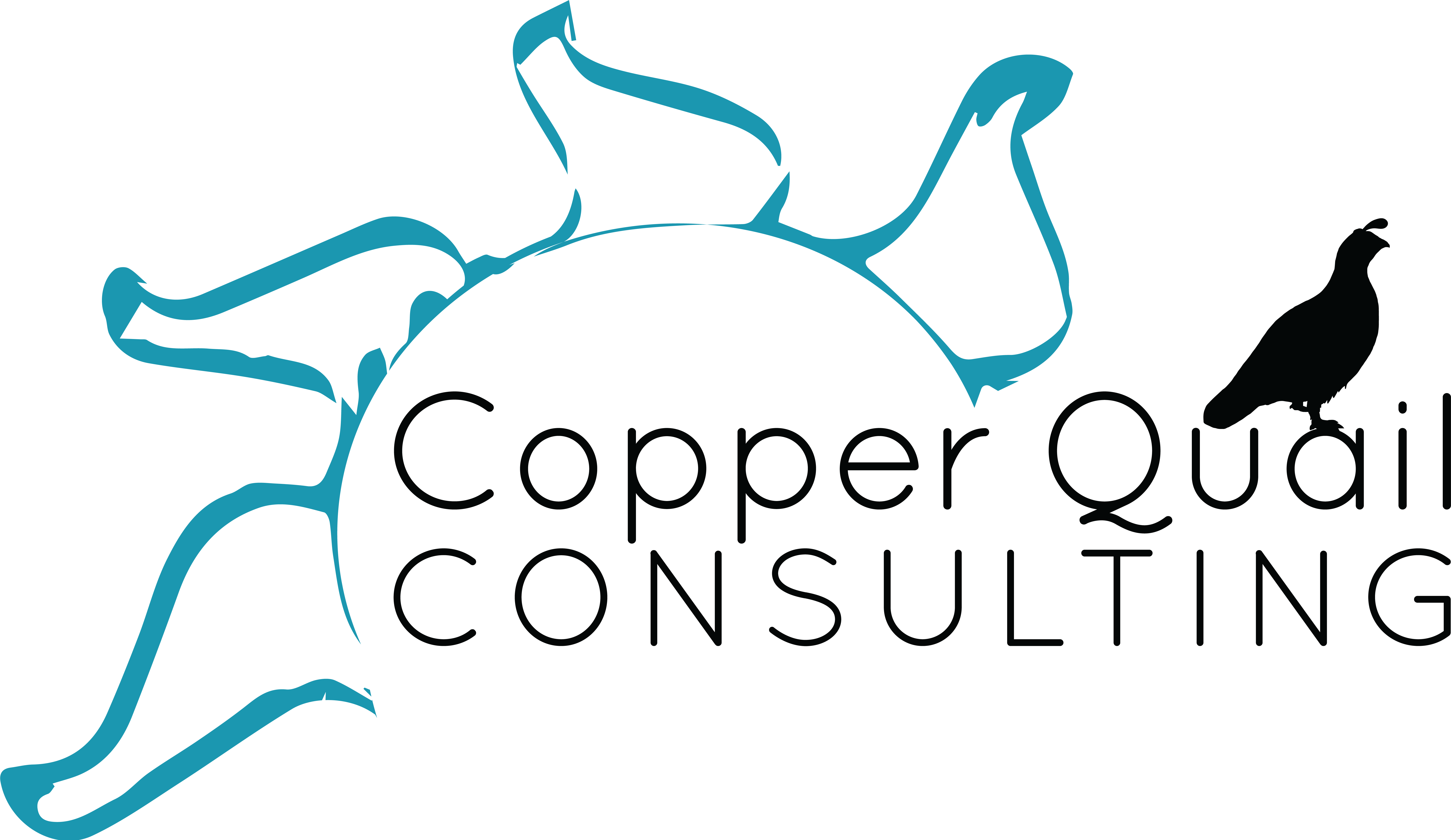Workplace conflict is bound to happen at work—even in the healthiest, most positive environments. But when there’s no dedicated HR person on staff, it can be tempting to ignore it and hope it goes away.
Unfortunately, that almost never works.Whether it’s a clash between team members, tension after feedback, or a pattern of miscommunication, unaddressed conflict tends to grow. The good news? You can handle it—and even prevent it from escalating—without a full-time HR team. Here’s how.
Don’t Let It Fester
If you notice tension, changes in tone, or hear complaints bubbling up, check in early. You don’t have to launch a formal process—just make space for conversation. A simple, “Hey, I noticed some tension during the meeting. Want to talk about it?” can go a long way toward diffusing stress before it turns into something bigger.
Talk One-on-One First
Encourage the individuals involved to speak with each other directly—respectfully, and ideally sooner than later. Often, people just need permission and a little guidance to start the conversation. Let them know you’re available to support them, but that healthy dialogue starts with transparency and good intent.
Set Ground Rules
If things don’t resolve after one-on-one talks—or the issue is too sensitive to be handled alone—you may need to mediate. Keep it simple:
- Stay neutral.
- Set time limits for each person to speak.
- Focus on facts over feelings or assumptions.
- Don’t try to “solve” it all in one go.
The goal isn’t to eliminate disagreement, but to create mutual understanding and set expectations for how to move forward.
Document What Matters
You don’t need to draft a formal HR memo, but it’s smart to take brief notes on what was discussed and what next steps were agreed upon. Share a short summary with the people involved to make sure everyone is aligned and accountable. That record helps protect all parties—and your organization.
Follow Up
Workplace conflict resolution doesn’t end when the conversation does. Check in a week or two later to see how things are going. Ask open-ended questions like, “How are things feeling now?” or “Is there anything else that’s come up since we talked?” These small follow-ups show you care and can catch lingering concerns before they become future problems.
__________________________________________
While you can navigate workplace conflict internally, you don’t have to do it alone.
At Copper Quail Consulting, we specialize in supporting teams with tough conversations, conflict mediation, and manager training. We can help set up the systems and expectations that prevent unnecessary tension—and we’re always here to step in when things get tricky.
Whether you need help crafting a respectful feedback culture or managing escalated employee issues, we’re here to support you.Need backup on handling conflict? Let’s chat!


